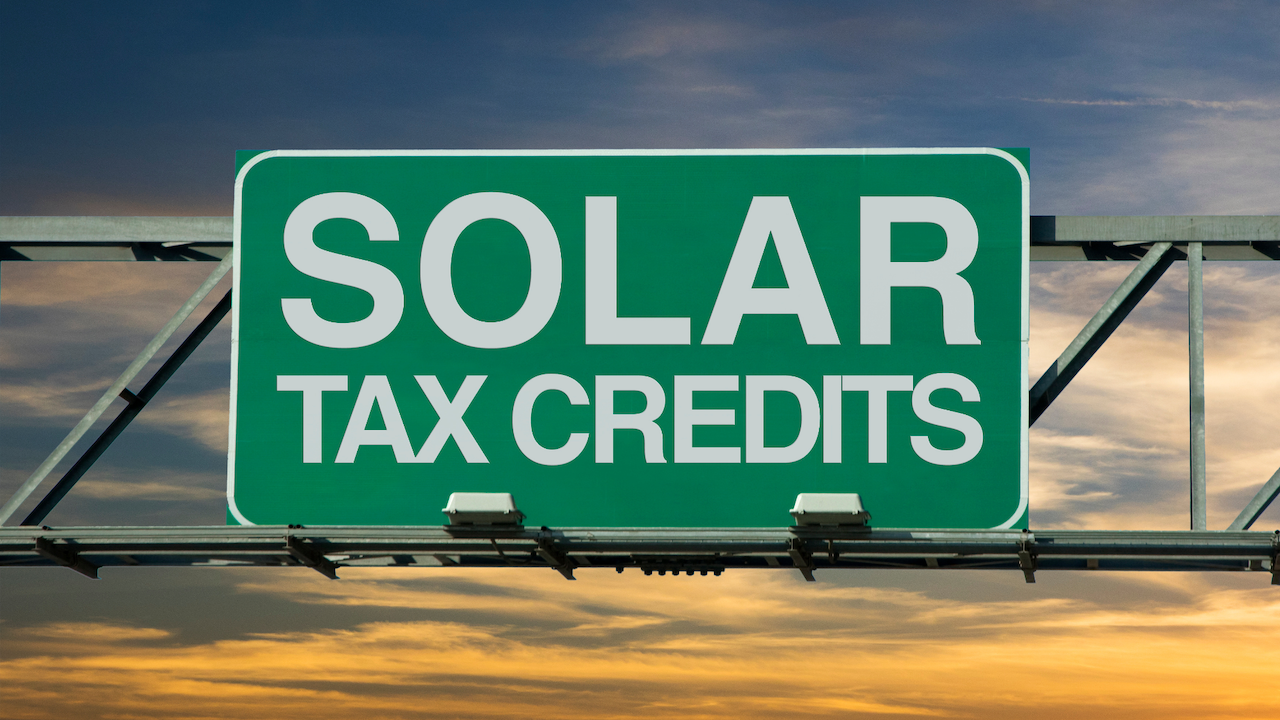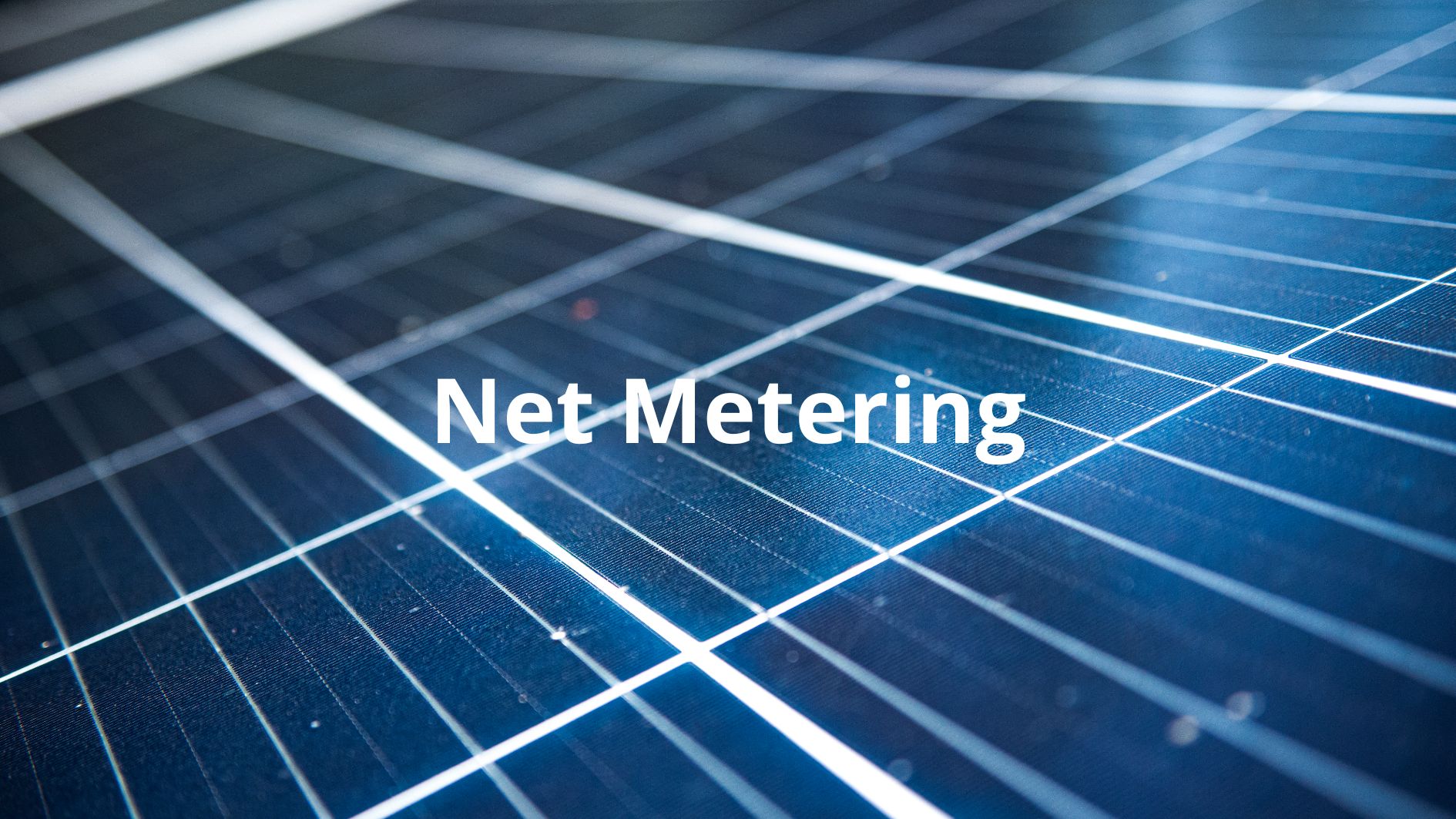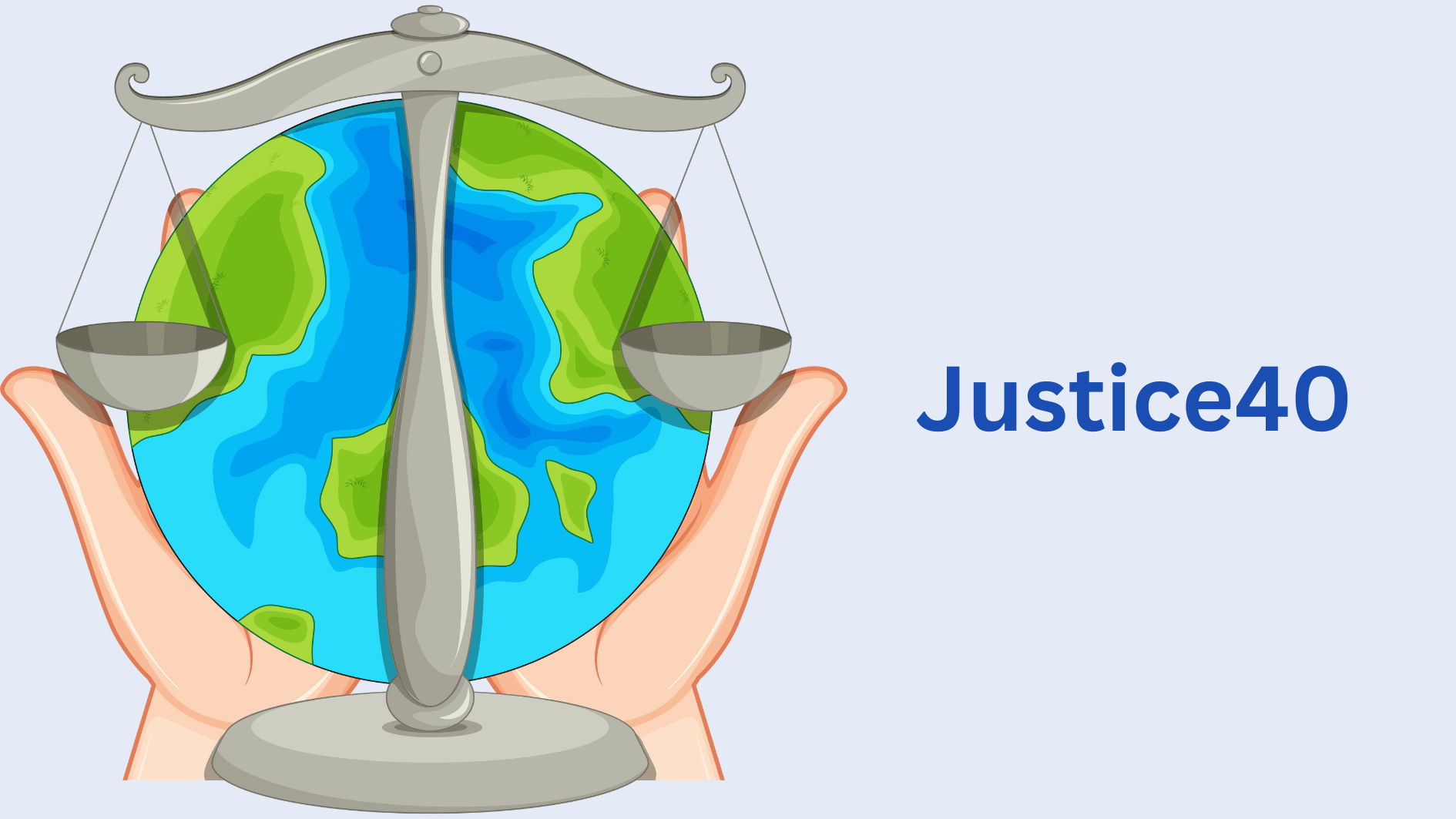Image source: Canva.com
Florida is a prime location for solar energy, offering several incentives to encourage residents to adopt renewable energy solutions. These initiatives not only reduce the cost barrier for solar installations but also promote energy efficiency and sustainability across the state.
Residential Clean Energy Credit
The Residential Clean Energy Credit, formerly known as the federal investment tax credit (ITC), can reduce the cost of your solar panel system by 30%. This incentive covers the entire system, including equipment, labor, permitting, and sales tax.
When filing your federal income taxes, you can claim this credit towards your federal tax bill. To qualify for the ITC, you must purchase your system with cash or through a solar loan; leasing the system does not make you eligible.
Additionally, you must have a sufficient tax liability, though any unused credit can be rolled over year-to-year until the ITC expires at the end of 2034. The only exception for direct payment eligibility is for tax-exempt entities, such as nonprofit organizations.

How to Make the Most of the Solar Tax Credit in 2024
Property Tax Abatement for Renewable Energy Property
Florida’s solar property tax exemption provides generous property tax savings for those that make renewable energy improvements. There’s a 100% property tax exemption on residential solar renewable energy property.
Eligible property includes solar photovoltaic systems, solar photovoltaic plus storage systems and solar water heaters installed on or after January 1, 2013. Covered equipment includes solar energy collectors, photovoltaic modules, inverters, storage tanks and other storage systems (excluding swimming pools used as storage tanks), thermostats and other control devices, heat exchange devices, pumps and fans, freestanding thermal containers, pipes, ducts, wiring, structural supports, and power conditioning and storage devices that store or use solar energy to generate electricity or mechanical forms of energy. This program will expire at the end of 2037.
Sales Tax Exemption
Similarly, residents of the Sunshine State don’t have to worry about paying a 6% sales tax on their solar system installation as part of the Solar and CHP Sales Tax Exemption program.
The solar incentive covers the following technologies:
- Solar photovoltaic (PV) systems
- Solar water heaters
- Combined heat and power systems
This incentive eliminates the state’s 6% sales tax on eligible solar system purchases in Florida, without requiring a complex application process. However, to qualify for this benefit, your equipment must be certified by the Florida Solar Energy Center.
Property Assessed Clean Energy (PACE)
Floridians seeking financial assistance for solar panel installation can turn to the state’s Property Assessed Clean Energy (PACE) loan program. Administered by Florida PACE, a public entity established under Florida law, this program offers homeowners financing options for energy-efficient and hurricane-resistant home improvements. Through an interlocal agreement, Florida PACE oversees program administrators who collaborate with homeowners to finance their projects via long-term, fixed-rate assessments added to their property tax bills. Partnering with Florida PACE enables homeowners to enhance their homes’ safety, value, and energy efficiency while investing in a funding plan they can trust.
Net Metering In Florida
Florida has a net metering program that allows homeowners with solar panels to sell excess electricity generated to utility companies, in exchange for credits on future energy bills equal to the retail rate of electricity. At the end of the year, the utility companies have to pay customers for any unused credits, but the rate for unused credits is lower than the retail rate.

Net Metering: Your Guide to Solar Energy Billing
Solar for All
- The Community Power Coalition (CPC)’s SFA program, “Powering America Together,” will collaborate with and enhance the impact of the US Department of Energy’s National Community Solar Partnership and Community Power Accelerator program. Led by Inclusive Prosperity Capital, Inc., CPC comprises seasoned community solar experts who have contributed to the Community Power Accelerator as developers, lenders, trainers, and technical assistance providers. The program aims to support the development of low-income community solar projects, reduce carbon emissions, lower energy costs, and promote quality jobs, community wealth-building, energy resilience, and equitable workforce development.
- The Southeast Rural Power: SFA Coalition (SE Rural Power Coalition), led by Groundswell, will launch and implement the Southeast Rural Power: SFA Program (SE Rural Power SFA Program). This initiative aims to deliver residential-serving community solar, energy storage to enhance community resilience, direct solar savings, energy efficiency improvements, and greenhouse gas emissions reduction for low-income and disadvantaged households. The coalition comprises eligible subrecipient nonprofit electric cooperatives and municipal utilities serving some of the most impoverished and energy-burdened communities in the Southeast.
- The Florida Solar for All (FSFA) program is set to employ both proven and innovative strategies to implement and expand rooftop distributed solar energy, thereby generating enduring and transformative advantages for low-income and disadvantaged communities throughout Florida. Traditionally, these communities have faced exclusion due to barriers such as steep upfront costs and the absence of supportive statewide policies to foster an inclusive clean energy economy. Program funding will primarily expedite solar deployment in single-family homes, with a smaller portion allocated to multifamily and solar resilience projects.
- The Clean Energy Fund of Texas (TxCEF), in collaboration with the Bullard Center for Environmental and Climate Justice at Texas Southern University (BCECJ), collectively known as CEFBC, is dedicated to deploying technical assistance, private capital, and grants to minority-serving institutions. Together, these organizations aim to facilitate the establishment of residential-serving community solar projects in low-income and disadvantaged communities that face significant challenges related to energy policy and grid vulnerability. These projects are anticipated to result in emissions reductions, savings on household utility bills, generation of shared revenues through community ownership, and the mobilization of private capital.
- Teaming up with lead applicant GRID Alternatives, a coalition of ten mission-driven nonprofit solar and affordable housing providers and allies has collaborated to develop the Solar Access for Nationwide Affordable Housing Program (SANAH). SANAH is meticulously crafted to maximize benefits for households and communities while advancing equity, reducing harmful pollution, and combating climate change. The program offers a multitude of advantages, including expanded access to solar and storage for income-qualified households, significant energy savings and relief from burdensome costs, as well as additional benefits like efficiency improvements and electrification.

Solar for All
Boynton Beach Energy Edge Rebate Program
Residents of Boynton Beach, Florida, are eligible for a one-time rebate incentive through the city’s Energy Edge Rebate Program.
If you install a solar panel system or own a fully electric vehicle, you can qualify for a $1,500 rebate check from the Boynton Beach municipality.
To apply for the rebate, verify that your property is within city limits, follow the steps provided on the program website, and complete either the paper or online application form.
SELF Solar System Loans
SELF (Solar Energy Loan Fund) offers unsecured personal loans for home improvement projects, including energy efficiency and renewable energy upgrades. Key features include:
- Loan Amounts: $3,000 to $25,000
- Interest Rates: 5% to 9.99% fixed
- Terms: 3 to 10 years
- Fees: Origination fee of 2.5%, with a 1.25% discount for military, plus a project management fee of 2.75-2.99%
- Eligibility: Open to homeowners in Florida, Alabama, Georgia, South Carolina, and Tennessee
Florida Keys Electric Cooperative Solar Loan Program
Florida Keys Electric Cooperative Members have financial access to solar power generation, FKEC offers a Solar Loan program. Experience a streamlined application process, along with the convenience of having your loan payment payable with your monthly electric bill.
Approved members may receive a loan up to $35,000 for the purchase and installation of a grid-tied Distributed Energy Resource (DER) system. This includes distributed renewable solar photovoltaic systems and grid-tied battery storage systems – All of which must be installed by a qualified solar installer.
The program is offered to both our residential and commercial members, and repayment of the competitively priced loan is 10 years or less with no penalty if paid off early.
Qualifying for the FKEC Solar Loan is based solely on the applicants credit history with FKEC. Residential consumers must have a minimum of a 12-month “clean” billing history with FKEC, and commercial members must have a minimum of 24-months.
Lakeland Electric’s Residential Energy Efficiency Loan Program
Lakeland Electric offers a zero-interest loan program to its customers who wish to make energy efficiency upgrades. Eligible measures include windows, HVAC, heat pump water heaters, air sealing and insulation, solar PV, geothermal heat pumps, and solar water heater systems. The minimum loan amount is $500 and the maximum is $5,000. There is also a one-time filing fee that will be applied to a customer’s utility bill. For a $5,000 loan, this fee has been around $90.50. Loans are repaid monthly after the project has been completed.
Discover the Ideal Solar System for Your Home in Just a Few Clicks!
City of Lauderhill – Revolving Loan Program
The City of Lauderhill offers interest-free loans for EnergyStar appliances through a municipal revolving loan program. Loans from $400 to $2,500 are available to homeowners purchasing new Energy Star-certified appliances from eligible retailers. Tankless water heaters, solar photovoltaic systems, and solar water heating systems are also eligible for the loan program. Loan funds have a one or two-year repayment plan. Eligibility will be determined within 10 business days.
City of Tallahassee Utilities – Solar Loans
The City of Tallahassee Utilities offers loans with an interest rate of 5% for a variety of energy-saving measures, including photovoltaic (PV) systems and solar water-heating systems. Under this program, customers may borrow up to $20,000 for PV systems. Various other systems can qualify for loans. Loan payments are to be made on monthly utility bills. Customers must first get a vendor price or a contractor’s proposal and send it to the utility Energy Services. A city energy audit is required for all solar technology installations. Installation work should not begin until after a signed Loan Promissory Note has been received.
Miami-Dade County – Green Building Expedited Plan Review
The Miami-Dade County Green Building Expedited Plan Review program accelerates the permitting process for projects incorporating sustainable building practices. By offering faster reviews for plans that meet green building standards, the program aims to encourage environmentally friendly construction and promote energy efficiency throughout the county.
City of Tallahassee Utilities – Efficiency Loans
The City of Tallahassee Utilities offers efficiency loans to help residential and commercial customers finance energy-efficient improvements. Eligible upgrades include HVAC systems, insulation, windows, and solar panels. Loans feature low-interest rates, flexible terms, and are repaid through monthly utility bills. This program aims to reduce energy consumption and promote sustainability.
Miami-Dade County – Florida PACE Finance Programs
The Miami-Dade County PACE Finance Programs provide financing for energy efficiency, renewable energy, and wind resistance improvements. Property owners can access long-term funding with repayment through their property tax bills. The program is available to both residential and commercial properties, facilitating projects that include solar panels, HVAC upgrades, insulation, and hurricane-resistant windows and doors. This initiative helps promote sustainable and resilient building practices in the county.
Solar and CHP Sales Tax Exemption
The exemption applies to machinery and equipment situated at a fixed location for the purpose of generating electrical or steam energy through the combustion of boiler fuels other than residual oil. This energy must primarily support the manufacturing, processing, compounding, or production for sale of tangible personal property within Florida. In facilities where machinery and equipment are essential for burning both residual and non-residual fuels, the exemption is prorated.
Additionally, machinery and equipment used predominantly in the production, storage, transportation, compression, or blending of green hydrogen are exempt, provided they are utilized at a fixed location. This exemption also covers machinery and equipment used in the production of green hydrogen-derived ammonia, provided the ammonia is converted back into green hydrogen before use or sale. Furthermore, machinery and equipment necessary for generating electricity from the electrochemical reaction of green hydrogen and oxygen in a fuel cell are also eligible for the exemption.
Disclaimer
The information provided herein is for informational purposes only and is accurate as of the time of publication. Please be aware that the solar energy landscape, including technology, regulations, incentives, and market conditions, changes frequently. Therefore, it is essential to consult with qualified experts and professionals before making any decisions regarding solar energy installations or investments. This will ensure that you receive the most current and applicable advice tailored to your specific circumstances.





